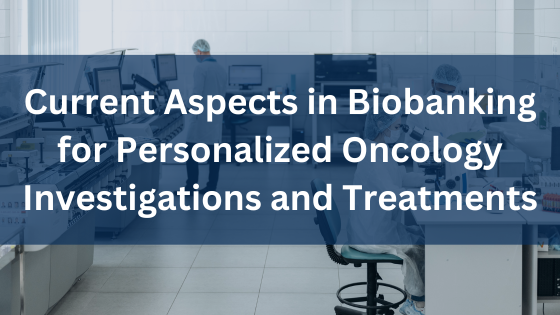Biobanking is vital in advancing biomedical research, supporting clinical applications, and enhancing our understanding of human health and disease. Using real-world data and biobanking can accelerate medical research, support personalized medicine initiatives, and improve patient care.

Biobanks raise numerous ethical issues that government agencies address by enacting particular laws. To develop personalized medicine, biobanks are crucial, given that the availability of an extensive collection of patient samples with thoroughly annotated clinical and pathological data is an essential necessity. Also, data related to biobanking raises complex ethical, legal, and social issues, particularly concerning the protection of donor privacy and the appropriate use of collected samples. International standards have been developed to address these issues to ensure biobanking practices’ quality, safety, and integrity. Read this paper that summarizes the function of biobanks in oncology and the requirements for biobank development in translational and clinical research.
